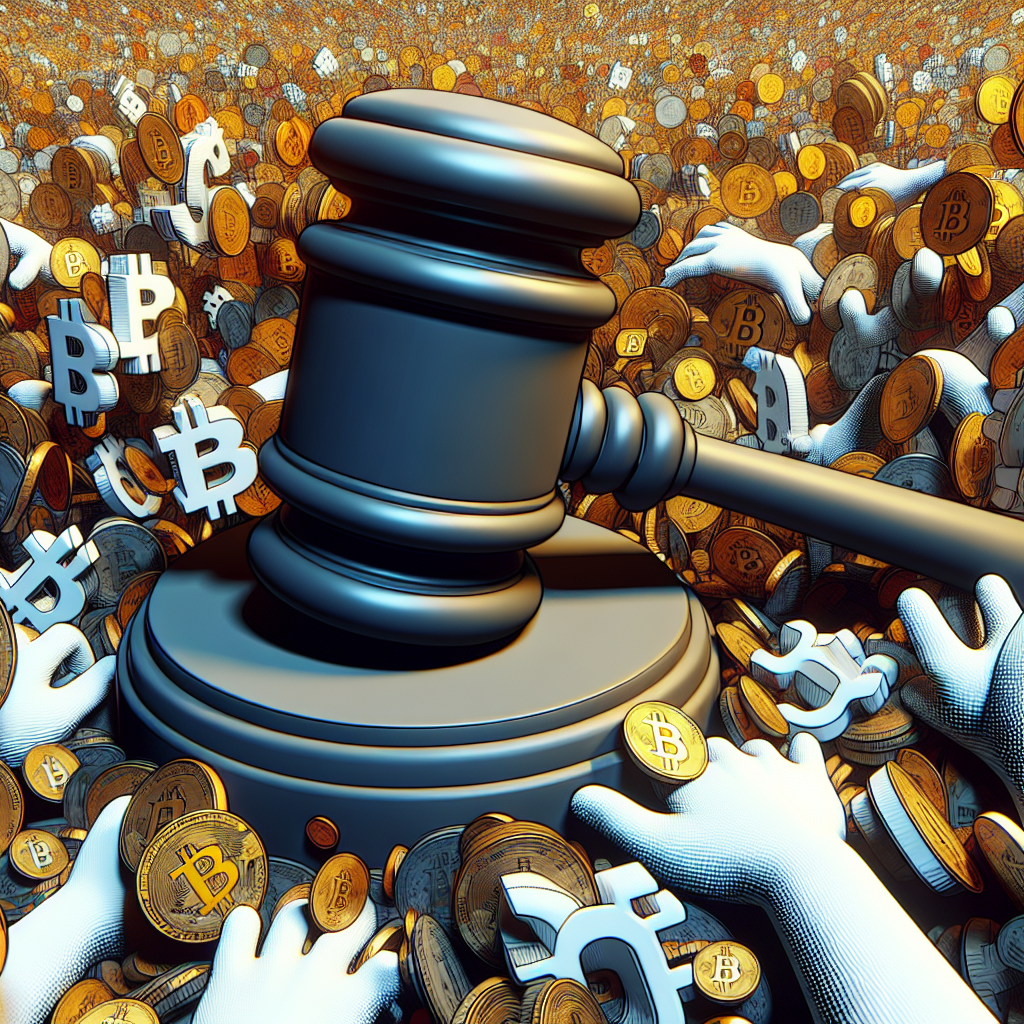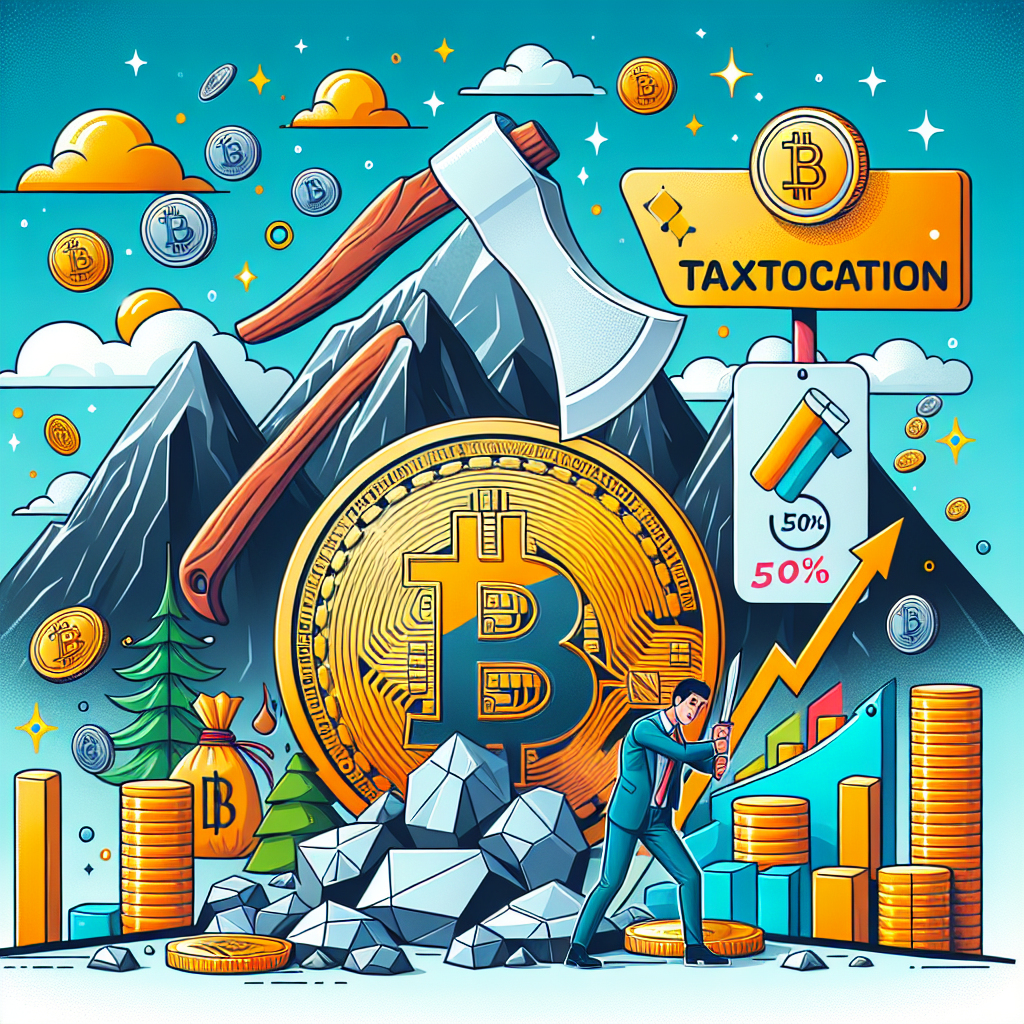Crypto regulation
MoonPay, a prominent player in the world of cryptocurrency payments, has registered a significant achievement as it has ...
As we delve deeper into the era of digital currencies, the role of regulatory authorities is becoming increasingly ...
Unofficial reports reveal that Hong Kong’s administration is allegedly exploring the potential of integrating Bitcoin into its national ...
The Securities Commission Malaysia (SC) has issued a public reprimand against Bybit, a leading cryptocurrency exchange, compelling it ...
In a significant shift in its approach to digital assets, Cambodia has put forth regulations now requiring all ...
The United States-based Blockchain Association has rallied against the Internal Revenue Service (IRS) over taxing decentralized finance (DeFi) ...
The cryptocurrency sector is sounding the alarm over new proposed regulations targeting decentralized finance (DeFi) brokers. By rallying ...
The nation of Kyrgyzstan has announced a substantial cut in its cryptocurrency mining tax, aiming to reduce it ...
The leading stablecoin, Tether (USDT), is facing a regulatory storm as it navigates the complexities of the European ...
Tether (USDT) Faces Potential Ban in Europe In an unexpected development, Tether (USDT), one of the most popular ...
Global cryptocurrency exchange, Binance, has suggested that by 2025, India could be spearheading the regulation of digital currencies ...
Ryan Salame, previously a high-ranking executive with FTX – the prominent cryptocurrency derivatives platform, has seen his incarceration ...















